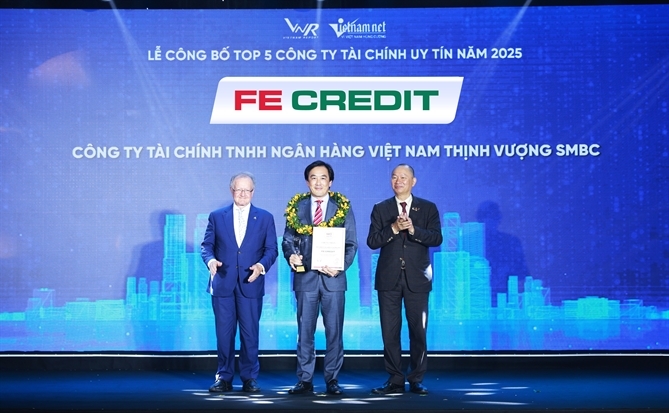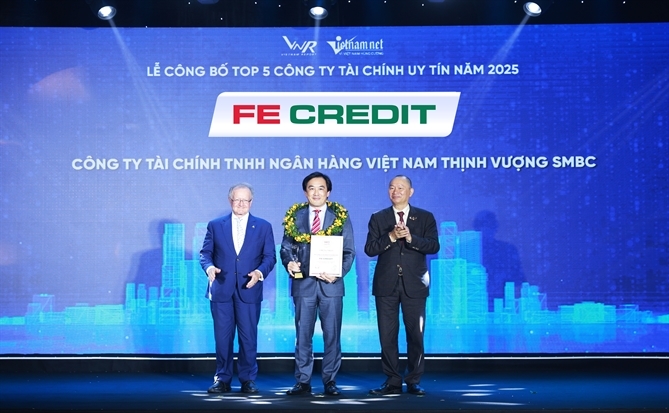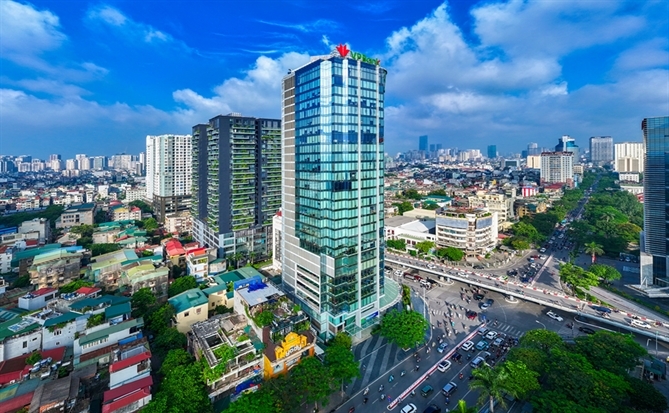WB approves $263.9 mln credit to back Vietnam's sustainable recovery
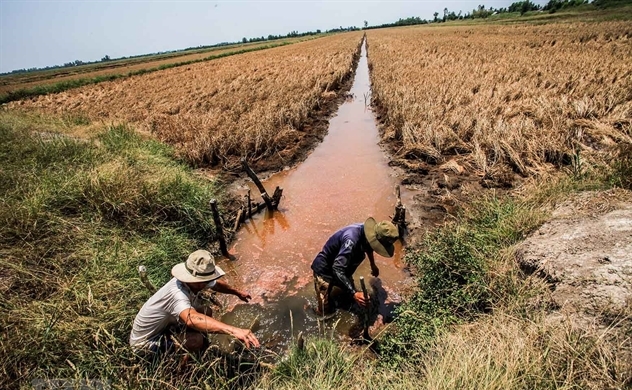
Climate change is among challenges Vietnam has to face. Photo: tuoitrethudo.com.vn
While the impact of this operation is expected to fully materialize by 2024, the DPF series has already supported significant achievements. More than 140,000 businesses received tax support through a tax relief package in 2021. More than 85,000 children have received subsidized childcare, which has promoted gender equality in the workplace. Government services available online have doubled.
Going forward, the institutional and policy reforms supported by this operation will facilitate business recovery by enhancing the tax environment, supporting the financial inclusion of vulnerable households, and increasing access to quality childcare services.
To spur green and digital development, the reforms supported by the DPF focus on procurement, digitizing public administration, scaling up renewable energy, and bolstering the financial sustainability of the power sector. Moreover, reforms supported by this operation are expected to further improve public service delivery to households and businesses.
“Reforms supported by this credit will strengthen Vietnam's ongoing recovery from the COVID-19 pandemic and subsequent commodity price shocks while paving the way for more inclusive, greener, and digital-friendly development,” said Carolyn Turk, World Bank Country Director for Vietnam. “We look forward to working with the government to implement these reforms and support Vietnam to achieve its development goals.”
This credit marks the second and final installment in a Development Policy Financing (DPF) series of two operations, following a $221.5 million operation approved in 2021. The funding aimed to support Vietnam’s recovery from the COVID-19 pandemic through policy reforms aimed at improving financial inclusion and spurring greater environmental resilience.
The $221.5-million-credit is a budget support operation and comes in the form of concessional terms for a period of 30 years with a grace period of five years
The government has moved quickly in recent months on the implementation of these reforms. The approval of mobile money licenses and the rollout of electronic invoice systems in the country’s largest municipalities are examples of this. The pace of reform is expected to accelerate as part of the recovery package to be discussed at the National Assembly next week.
The credit is provided through the World Bank’s International Development Association (IDA), the Bank’s concessional lending window for low-income countries.

 TIẾNG VIỆT
TIẾNG VIỆT 
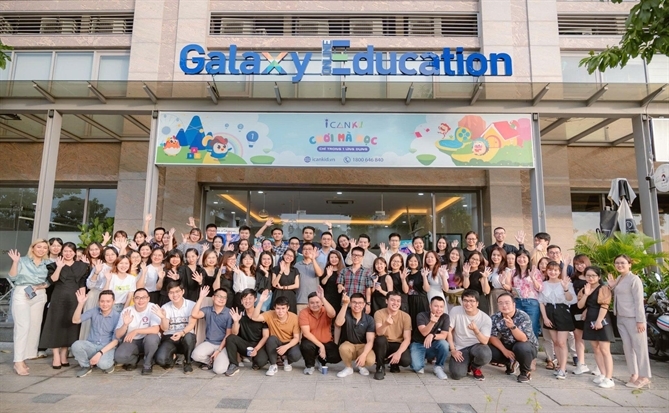
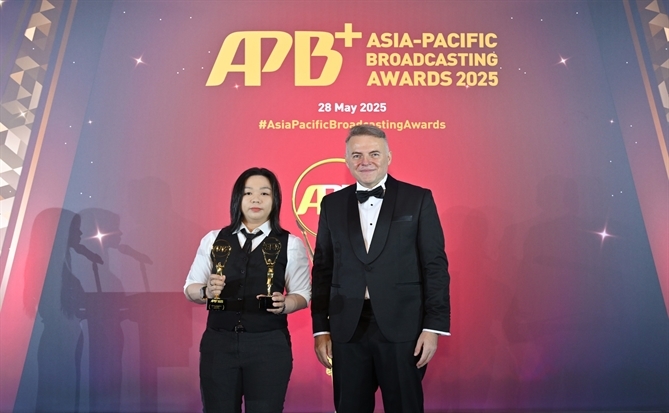

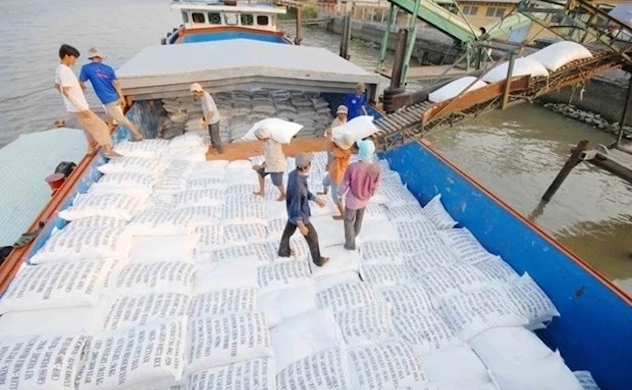
_14157616.jpg)

_41635620.png)
